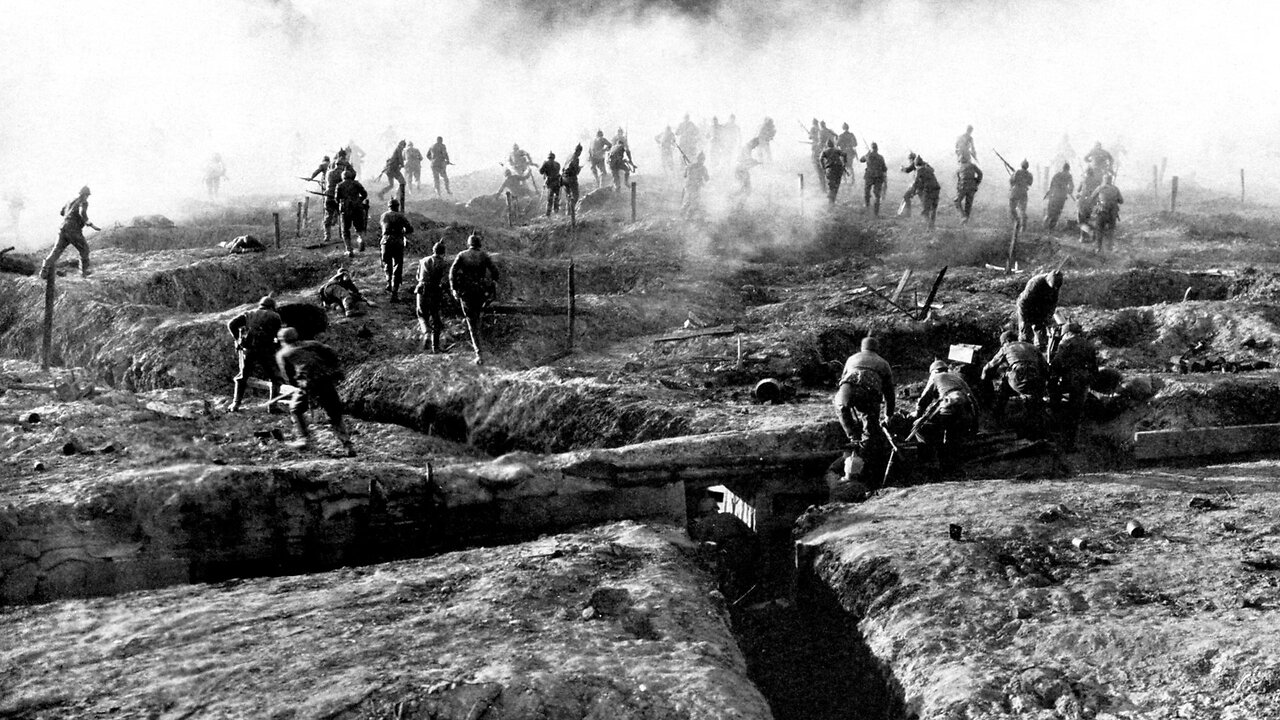Premium Only Content

Detroit Michigan - The History - 1902-1921
The French in Michigan and their presence in the upper Great Lakes region from 1534 to 1760 saw several critical milestones in the area’s exploration, fur trade, and military conquest. The French were drawn to the region by the abundant natural resources, including the vast fur-bearing animal populations, and sought to establish a dominant presence there.
The first significant milestone was the arrival of Jacques Cartier in 1534, who explored the St. Lawrence River and claimed the area for France. This was followed by establishing French trading posts and settlements along the St. Lawrence River and Great Lakes, including the creation of Fort de Buade in 1654 near present-day St. Ignace, Michigan.
The French also made significant efforts to explore the region, including the expeditions of French missionaries such as Father Jacques Marquette and Louis Hennepin. These explorers helped increase knowledge of the region’s geography, flora, and fauna and established meaningful relationships with Native American tribes, including the Huron, Ottawa, and Ojibwe.
However, the French presence in the region was not without conflict. The competition for control of the fur trade and territory between the French and the British was a significant factor in the military conflicts throughout the 17th and 18th centuries, including the Seven Years’ War. Despite the efforts of the French military, the Articles of Capitulation in 1760 saw the surrender of French forts in the region, including Fort Michilimackinac, to the British.
The French first stepped foot in what is now Michigan at Sault Ste. Marie in 1668. French explorer Father Jacques Marquette and fur trader Louis Jolliet arrived in the area as part of their expedition to explore the Mississippi River and establish a French presence in the region. Sault Ste. Marie became a center of the fur trade in the Great Lakes region and a hub for French exploration and settlement in the area.
René-Robert Cavelier, Sieur de La Salle, was a French explorer and fur trader who played a significant role in the exploration and colonization of North America in the late 17th century. He is best known for expediting the Great Lakes region and the Mississippi River Valley.
La Salle’s first expedition was in 1669 when he led an exploratory mission to the Great Lakes region. During this expedition, La Salle claimed the region for France and named it “La Louisiane.” He also discovered the Mississippi River and sailed to the Gulf of Mexico, opening up the region for further exploration and settlement.
In 1679, La Salle led another expedition to establish a French settlement at the mouth of the Mississippi River. He founded the settlement of Fort Saint Louis, which was the first European settlement in the Mississippi River Valley. However, the settlement was short-lived, and La Salle was killed by one of his own men in 1687.
Despite his untimely death, La Salle’s expeditions and discoveries had a major impact on the exploration and colonization of North America.
-
 24:02
24:02
Kimberly Guilfoyle
3 hours agoCartel Strikes: Breaking News Coverage! | Ep.251
3.81K3 -
 1:20:15
1:20:15
vivafrei
2 hours agoRFK Jr. Takes on the Pharma WHOORES! Toddler-Assaulter Granted BAIL? COMPLYE WITH CRIMINALS! & more
76.6K38 -
 LIVE
LIVE
Sarah Westall
45 minutes agoBlackrock & the WEF Collaborate for World Dominance, Free Agency with AI w/ Reinette Senum
129 watching -
 LIVE
LIVE
LadyDesireeMusic
2 hours ago $0.15 earnedLive Piano Request - Anti Brain Rot - Support Culture Shift
155 watching -
 LIVE
LIVE
LFA TV
10 hours agoLFA TV ALL DAY STREAM - THURSDAY 9/4/25
1,476 watching -
 13:43
13:43
The Kevin Trudeau Show Limitless
1 day agoClassified File 3 | Kevin Trudeau EXPOSES Secret Society Brainwave Training
69.9K10 -
 1:09:23
1:09:23
The HotSeat
1 hour agoTrump’s Parade = Mocked, China’s Parade = Praised: Leftist Hypocrisy EXPOSED
2.26K1 -
 1:57:29
1:57:29
The Quartering
3 hours agoRFK Jr Goes NUCLEAR, Horrible Tomb Raider News, Anti-White Male Propaganda
84.1K20 -
 LIVE
LIVE
Dr Disrespect
6 hours ago🔴LIVE: Hell Is Us Launch - DR DISRESPECT’s First Look at the Scariest Game of 2025!
1,120 watching -
 DVR
DVR
Pop Culture Crisis
2 hours agoSabrina Carpenter Wants Feminist Approval, Demonic Rituals at Burning Man? | Ep. 910
10.9K1